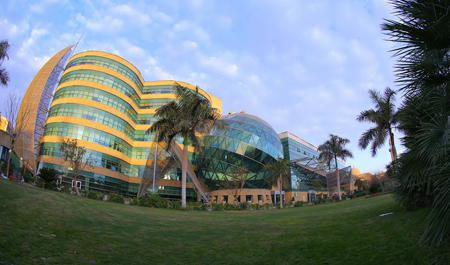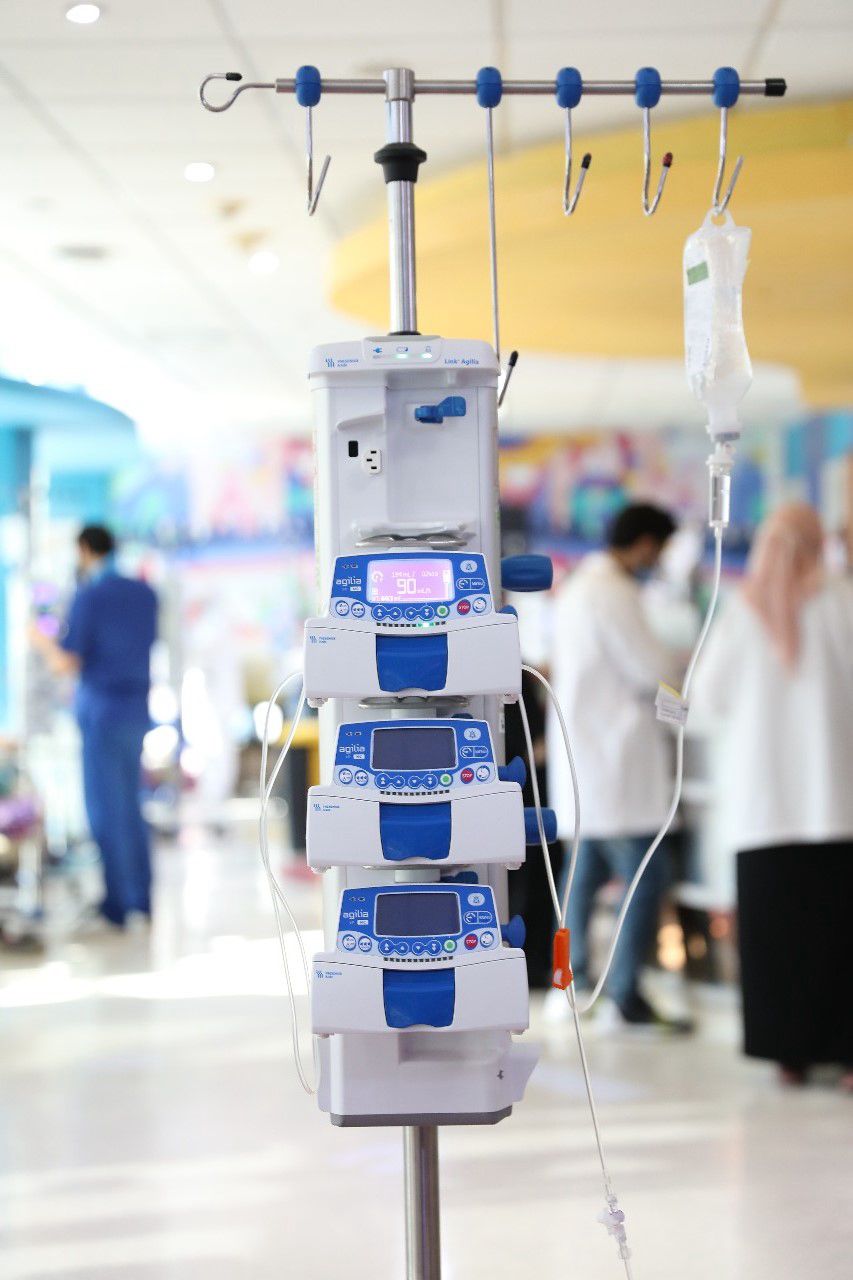57357 sets up a specialized clinic to follow-up on its increasing survivors
Established in June 2013 as a consequence of increasing survival rate (presently the average over-all survival rate at 57357 is 74.7%), the setting up of a survivor clinic was inevitable to enable the Hospital to fulfill its commitment towards maximizing the quality of life of its survivors after treatment.
Indeed it became a necessity to follow-up closely on patients who had successfully completed their treatment and are showing no signs of cancer two years thereafter. Physicians and families have become increasingly aware that cancer has huge repercussions on the quality of the patient’s life. In fact, survivors could be at risk of substantial morbidity and even mortality as a result of belated adverse effects of the treatment or the disease. These effects are diverse and could affect the cardiovascular, pulmonary, endocrine, or neurocognitive functions.
There is a general consensus that all survivors of childhood cancer should be followed up for life. Hence, the goal of 57357’s Survivor Clinic is to decrease the severity of late treatment complications so as to reduce excess morbidity or even mortality. Also, the clinic is working to keep families well informed and to find ways of prevention or reduction of adverse effects. The clinic team which meets once a week, includes two pediatric oncology clinicians, a pediatric nurse coordinator, a social worker, and a statistician. Recently with the visit of two eminent experts on survival issues, Peter E, Manley, MD and Christine Chordas, MSN, RN, CPNP, from Dana Farber Cancer Institute, and Boston Children’s, the 57357 team was able to exchange notes and experiences with the top experts in the field.
.
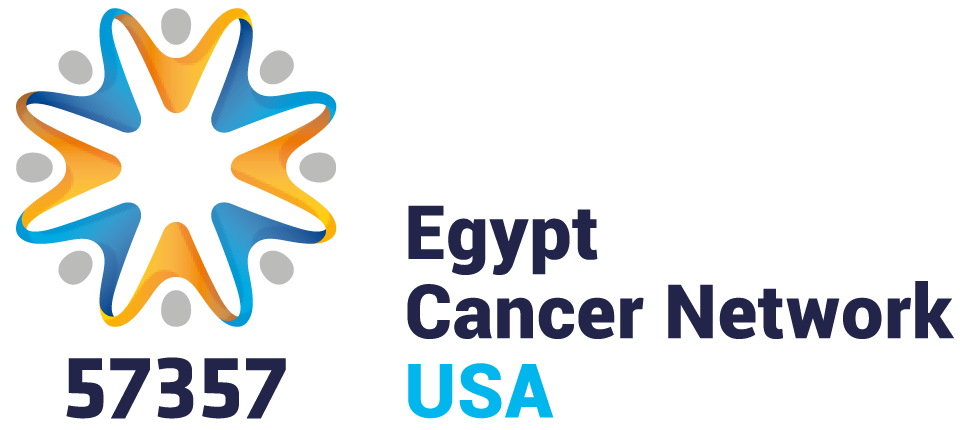
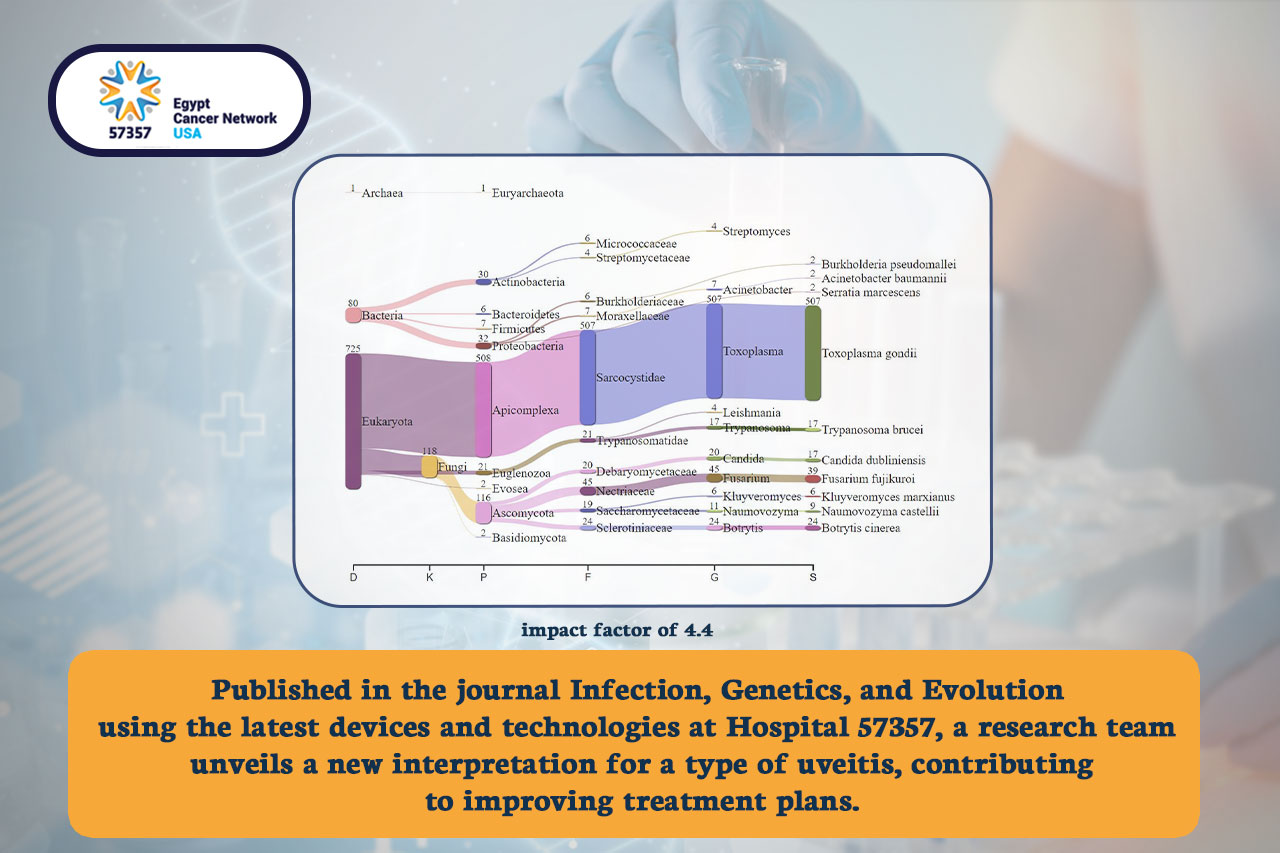
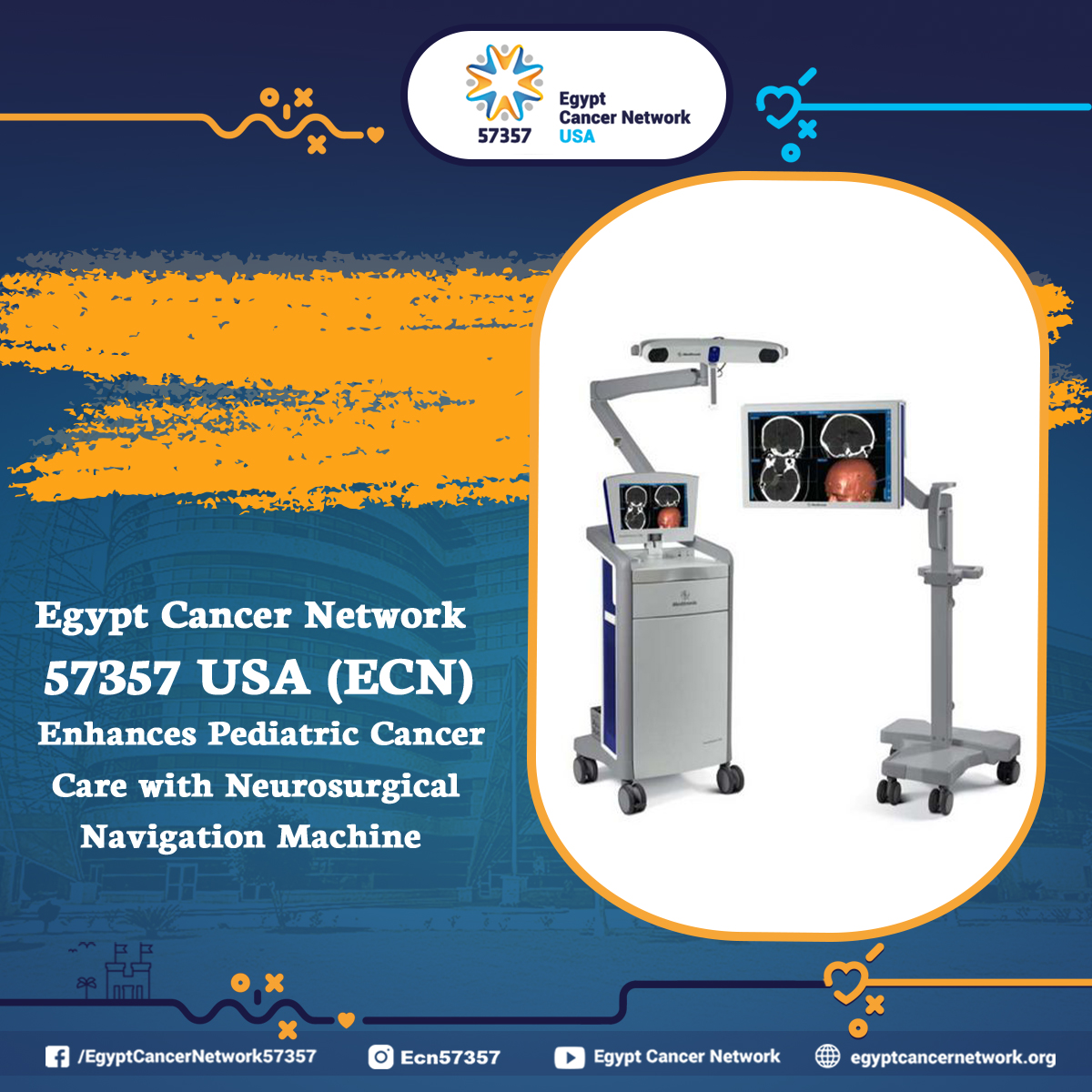
 Donate Now
Donate Now